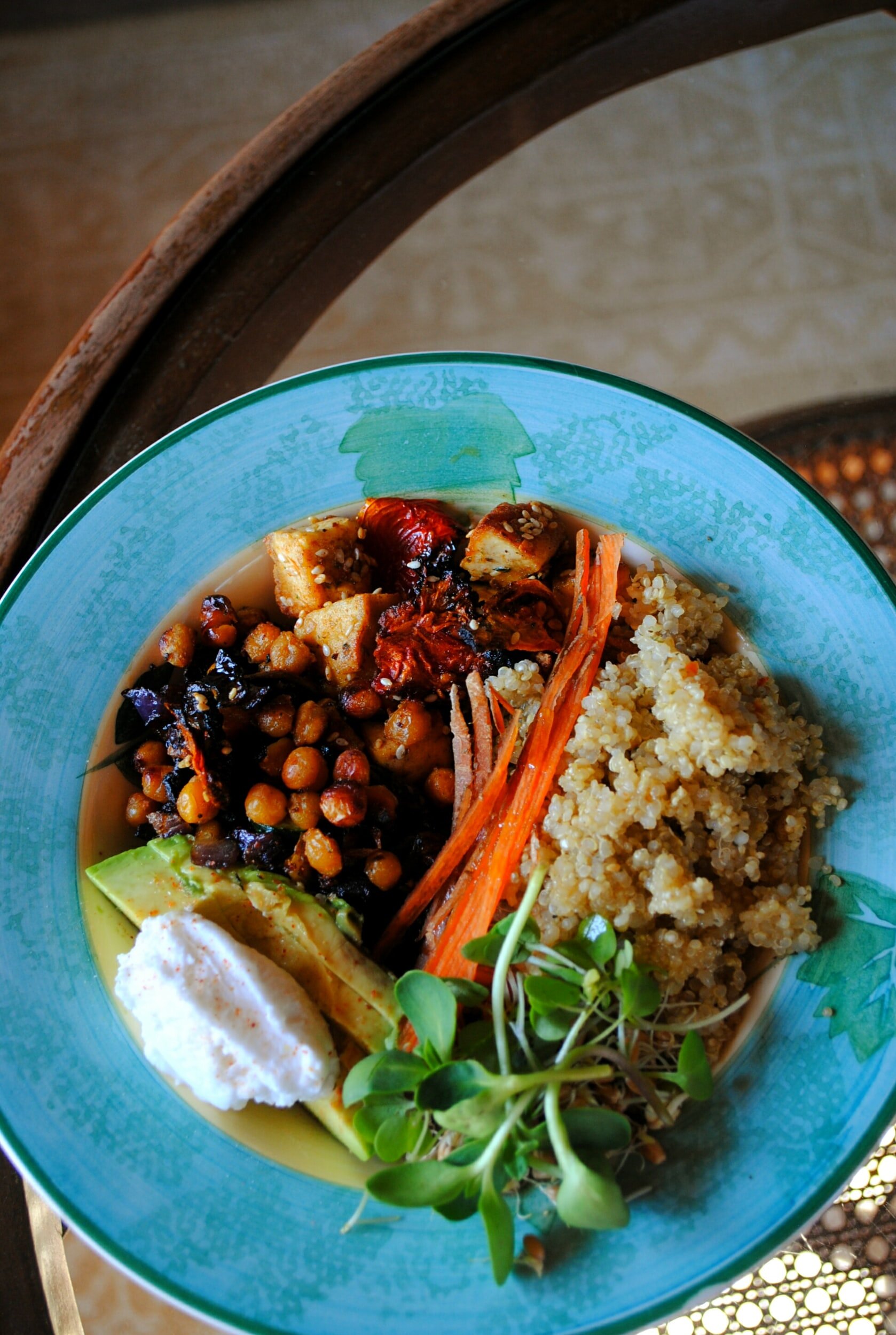There’s a lot of confusion, misunderstanding, and inappropriate interventions being implemented for detoxification for children with chronic skin problems. Let’s go over how liver detox really works.
To simplify there are 3 phases of liver detox.
Phase 1 breaks down toxins and needs certain nutrients like B2, B3, B6, Folate, B12, Glutathione, Branched Chain Amino Acids, Flavonoids, and Phospholipids.
Between phases 1 and 2 antioxidants like Vitamin A, Vitamin C, Vitamin E, Selenium, Copper, Zinc, Manganese, CoQ10, Thiols, Flavonoids, Silymarin, and Pycnogenol neutralize toxins. This is important because phase 1 makes toxins more toxic!
Phase 2 needs amino acids like Glycine, Taurine, Glutamine, N-acetylcysteine, Cysteine, and Methionine to package toxins and send them to the gut for excretion.
Phase 3 removes toxins from your body. If you are constipated (not pooping AT LEAST once a day), and with gut problems (imbalanced gut bacteria, overgrowths, undergrowths, infections, problems with digestion and absorption), toxins can't get out the way they are supposed to. Instead of being excreted they get reabsorbed and recirculated into the bloodstream, causing systemic inflammation triggering the immune system, leading to LOTS OF SYMPTOMS including skin rashes and food reactions.
If you try to push phases 1 or 2 without addressing phase 3, things can get MUCH worse.
Step 1 to support detox pathways…
EAT detox supporting foods. You've got to fill the nutrient wells to fuel detox pathways.
Address gut health so toxins can get OUT.
Nutrients Important For Detoxification Phase I
B2, B3, B6, Folate, B12, Glutathione, Branched Chain Amino Acids, Flavonoids, Phospholipids
Nutrients Important For Detoxification Phase II
Glycine, Taurine, Glutamine, N-acetylcysteine, Cysteine, Methionine
Important Antioxidants That Support Detoxification Between Phases I And II
Vitamin A (carotenoids), Vitamin C, Vitamin E, Selenium, Copper, Zinc, Manganese, CoQ10, Thiols, Flavonoids, Silymarin, Pycnogenol
Foods Containing Nutrients For Detoxification (Always Take Into Account Your Unique Needs And If You Know Certain Foods Aren’t Well Tolerated, Avoid Them And Address Why You May Be Sensitive To Them In The First Place)
B2: Spinach, asparagus, broccoli, eggs, organ meats, beef, chicken, salmon, halibut, almonds
B3: Tuna, chicken, turkey, salmon, lamb, beef, sardines, brown rice, lentils
B6: Tuna, turkey, beef, chicken, salmon, sweet potato, potato, sunflower seeds, spinach, avocado, banana
Folate: Liver, chicken giblets, egg yolk, lentils, potatoes, sweet potatoes, spinach, beet root, Brussels sprouts, dark leafy greens, asparagus, oranges, peaches
B12: B12 is found naturally only in animal products (clams, mussels, mackerel, crab, beef, salmon, eggs, chicken, lamb, liver)
Vitamin A: Beef liver, cod liver oil, eggs, grass-fed butter, sweet potato, pumpkin, carrot, cantaloupe, mango, spinach, broccoli, kale, collard greens, butternut squash (essentially all red, orange, yellow, and green plant foods)
Vitamin C: Bell peppers, papaya, Brussels sprouts, strawberries, kiwi, grapefruit, orange, lemon, lime, broccoli, potatoes, tomatoes, apple, spinach, banana
Vitamin E: Sunflower seeds and oil, safflower oil, grapeseed oil, olive oil, almonds, hazelnuts, pecans, avocado, rainbow trout, spinach, Swiss chard, turnip greens, asparagus, broccoli, mustard greens, blackberries
Zinc: Oyster, beef, crab, turkey, pork, chicken, pine nuts, cashews, sunflower seeds, pecans, Brazil nuts, chickpeas, almonds, lamb, pumpkin seeds, quinoa
Copper: Beef liver, oysters, crab, clams, cashews, sunflower seeds, hazelnuts, almonds, lentils, mushrooms, semisweet chocolate, chickpeas
Selenium: Brazil nuts, tuna, oysters, halibut, shrimp, salmon, pork, beef, chicken, sunflower seeds, brown rice
Manganese: Pineapple, pecans, almonds, brown rice, pinto beans, lima beans, navy beans, spinach, sweet potato, green and black tea
Flavonoids (a class of polyphenols): Virtually all plant foods, including apples, apricots, blueberries, pears, raspberries, strawberries, black beans, onions, parsley, pinto beans, tomatoes, dark chocolate (at least 70% cocoa)
CoQ10: Meat, poultry, fish
Glutathione: Undenatured whey protein, asparagus, curcumin/turmeric, avocado, spinach, garlic, foods high in vitamin C (citrus fruits) and selenium
Branched Chain Amino Acids (BCAA): Whey protein, chicken, fish, eggs
Phospholipids: Sunflower seeds, eggs
Glycine: Beef, chicken, lamb
Taurine: Meat, fish
Glutamine: Beef, chicken, fish, eggs, beets, beans, spinach, parsley
N-Acetylcysteine: Most high-protein foods (e.g., chicken), garlic, cruciferous vegetables (cauliflower, broccoli, Brussels sprouts, arugula)
Cysteine: Beef, chicken, lamb, fish
Methionine: Eggs, chicken, tuna, beef, chickpeas, pinto beans, lentils, brown rice
Thiols: Chives, daikon radishes, garlic, leeks, onions, scallions, shallots
Silymarin: Artichokes, milk thistle
Pycnogenol: Small amounts found in the peels, skins, or seeds of grapes, blueberries, cherries, plums
Avoid High Mercury Fish
High mercury fish: Bluefish, grouper, mackerel (Spanish, Gulf, King), marlin, orange roughy, sea bass (Chilean), shark, swordfish, tilefish, and tuna (canned albacore, yellowfin, bigeye, ahi)
Low mercury fish: anchovies, butterfish, catfish, croaker (Atlantic), flounder, haddock (Atlantic), hake, herring, mackerel (North Atlantic, chub), mullet, perch (ocean), pollock, salmon (fresh, wild), sardines, sole (Pacific), squid, tilapia, trout (freshwater), whitefish, and whiting
Gut Support
Probiotics: Fermented foods like yogurt, kefir, miso, kimchi, and sauerkraut. Babies and kids can even have a teaspoon or so of the liquid from sauerkraut, kimchi, or other fermented vegetables.
Prebiotics: Think starchy and nonstarchy vegetables and complex carbs like chicory, Jerusalem artichoke, garlic, onions, shallots and spring onion, leeks, chickpeas, lentils, beans, bananas, grapefruit, almonds, flaxseed, bran, and oats.
General Recommendations
Go organic when possible for fruits and vegetables. Some produce is more important to buy organic than others.
Go organic, pastured, free range, grass fed, wild caught, etc. for animal products.
Drink at least 6-8 glasses of water per day. Little ones, after 6 months old/when they start eating solids, should drink 8 ounces of water per year of age.
Take a food first approach. Supplementing with individual nutrients can cause imbalance of others because all nutrients work together in the body. With food, this won’t happen.
How Do You Get Your Little One To Eat These Foods?
Get my guide for picky eaters.
How Much Does My Little One Need?
Get my guide for serving sizes.





